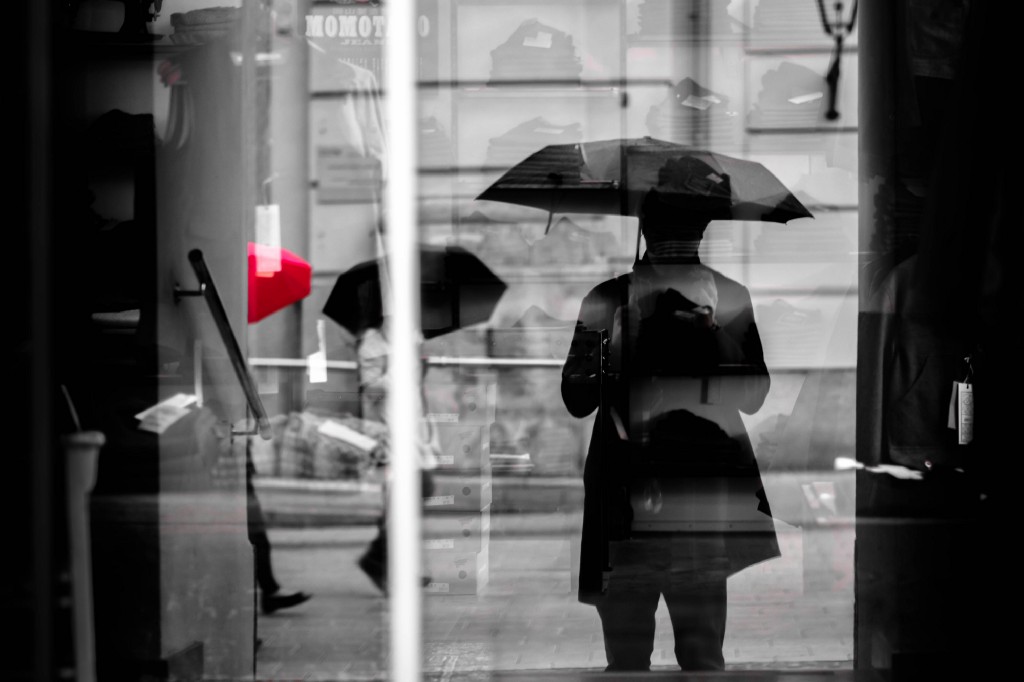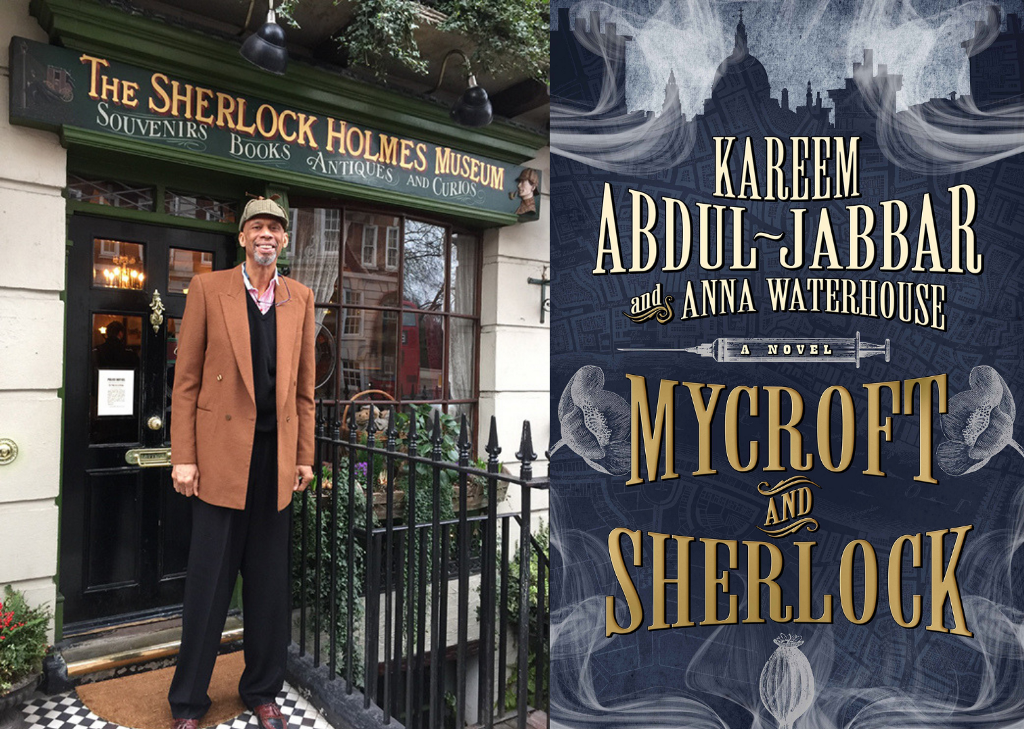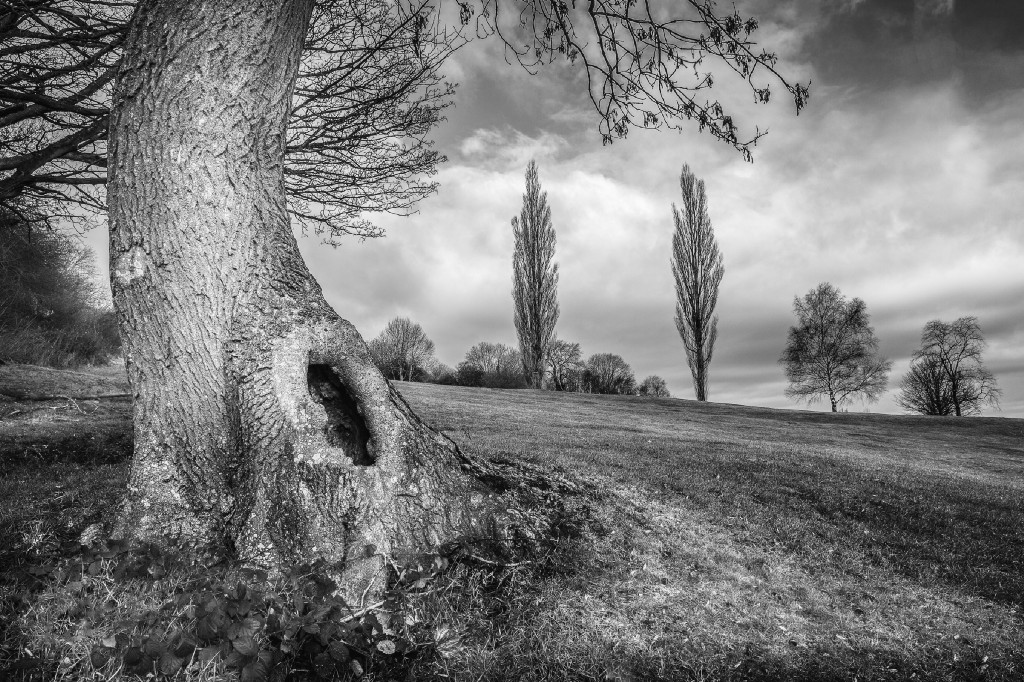interviews
Finally, a Novel Centered on a Black Woman Spy
Lauren Wilkinson on writing “American Spy,” and why the spy genre needs to be less white and male

The spy fiction canon has long been dominated by the same types of agents: suave and debonair with perfect aim. Oh, and they were nearly always straight white men. From James Bond to John le Carré’s characters, time and time again readers have read similar stories. Sure, they are sometimes stellar, but they feel the same. It’s 2019 and it’s time for our literature to represent our reality. That’s exactly what Lauren Wilkinson has done in her debut novel aptly titled American Spy.

Set during the Cold War, Wilkinson offers something different than our good old democratic boys fighting Soviet comrades. In the novel, Marie Mitchell, a young, black woman and FBI intelligence officer is sent to Burkina Faso, where a different part of the war rages. There, Marie meets Thomas Sankara, the revolutionary president of Burkina Faso. Sankara was known as “Africa’s Che Guevara,” his charisma gained him wide-spread admiration but his Communist ideals made him a target of the American government.
Using historical characters and multiples timelines, Wilkinson navigates what it meant to be a black woman in the intelligence community during an era dominated by toxic white men.
I spoke with Wilkinson about crafting a different kind of spy novel and why diversity matters in genre canon.
Adam Vitcavage: Your novel caught my attention, admittedly, because of the cover. A bold title of American Spy, but with the yellow background and the figure on it, I knew it wouldn’t be a traditional spy novel. Where did your idea for such a fresh take on the spy novel start?
Lauren Wilkinson: I always start with conflict and character. I started with [Thomas] Sankara, then I had to build the world around him. I had to learn everything else after that. I found him to be this person who is so interesting and charismatic, but I didn’t know much about his world. As I found out more about him, I realized how interesting that world could be.
AV: So it started with Thomas Sankara and not Marie Mitchell?
LW: Well, no. I had known about him for a while and he was always in the background of my mind. The start was in a class where we were assigned a story set in suburbia. We were told to avoid classic and cliched versions of that story. I had this image of a woman who appeared to be a traditional suburban mom, then put her into the craziest situation I could imagine, which was some men coming to kill her.
It was very hard to write this story. I wrote a lot that didn’t end up being in the novel because it took me a long time to try to figure out what exactly the story was that I needed to tell.
There was a draft where [I] almost forgot she was going to be a spy. I needed to figure out exactly what I needed to say.
I had this image of a woman who appeared to be a traditional suburban mom, then put her into the craziest situation I could imagine.
AV: You forgot she was supposed to be a spy. Was this always meant to be a spy novel then? Is that what that story led to?
LW: I was more interested in spies as a metaphor as opposed to a straight spy novel. I had to play a lot of catch up and read spy novels just to understand the genre.
I ended up publishing that suburban housewife story in Granta and it follows the same period of time but is linear. It was also in third person. I switched it in the novel form to be told to her sons because I kept getting feedback that I wasn’t writing close enough.
AV: Going back to spying as a metaphor. Do you mean double consciousness?
LW: Yeah. I feel like whatever Ralph Ellison was saying in the quote I use as the epigraph in my book about him being a spy in the enemy country was fascinating to me. Whatever he meant, and he spent hundreds of pages on it and maybe his character never really comes to a conclusion. But whatever he meant by that quote was a driving question in my own book.
The question of her identity as an American drives me. How she is perceived versus how she sees herself.
The question of her identity as an American drives me. How she is perceived versus how she sees herself.
AV: Normally with spy novels, there isn’t that layer because they are white males presenting as exactly what they are. They’re just there to solve mysteries and blow buildings up. For Marie, she has to deal with the white patriarchy boys’ club of the spy world.
LW: For a long time, and even now, our most famous spies are these charismatic people that would probably be horrible spies. The point of spies isn’t blowing up buildings. You need to be a little more discreet.
Spies are extracting information. They’re spending a lot of time portraying a version of themselves for different types of people.
That metaphor made a lot of sense for my understanding of a spy. My experience as a black American was in line with that, where you spend a lot of time thinking about how you portray yourself.
AV: That’s one thing I think a lot of people forget. White Americans would never say they are a white American. It’s American. But then there’s African American, Asian American, Latin American.
LW: I always think of myself as black first and American second. When I went to West Africa for research, they saw me as American first and black second. They would call me “American” and it was interesting to be taken out of my normal context. Having my citizenship be primary and my identity secondary changed my perspective on it.
I always think of myself as black first and American second.
AV: You spent time in Africa for this book then?
LW: I did. At the time I wrote that story in 2012, I had been to Ghana and north of Ghana. It was very beautiful. Something that was compelling to me as a writer is to write about beautiful settings. As I started writing though, it because to feel morally questionable to write about a place I had never been to. I went to Gaoua [in Burkina Faso] in 2016. I stayed for around the amount of time that I envisioned Marie staying.
AV: Other than setting, how did you research the historical aspects of the novel?
LW: I was born in New York and a lot of research was discussing topics with my mom and my grandfather. They both are lifelong New Yorkers. My grandfather was a deputy police commissioner of New York. I leaned on them for the reality. A lot of places in Harlem that she goes, I had been to as a teenager.
In terms of Thomas, there is an archive of his speeches, articles, and interviews he had given. I tried to stay as close to them as possible. Even though my interpretation of him is fiction, I didn’t want to stray too far away from that. I took things he said to create a context for him in my book.
AV: One thing I wanted to talk about was balancing a historical figure with their truth and your fiction.
LW: I tried to be as truthful as possible. Some of my early feedback was from a writer who wrote a biography of Sankara in French. He read my original story and I found out he didn’t care for it. Which makes sense. He’s a historian who felt Sankara wouldn’t have done things [I had him do]. I felt, yeah, I know. He wouldn’t have but you can’t make a character perfect and there needs to be conflict.
I felt like I couldn’t worry about my interpretation of someone who people think so highly of. I felt it was important to bring this story to America. A lot of people haven’t heard of him, and I felt they should.
AV: I will admit I did not know anything about this part of history and went down the Wikipedia rabbit hole reading about him. This part of our history just seems to be left out of general curriculum in public schools.
LW: I wanted there to be a global perspective. There are a lot of upsetting political things happening in this country right now and we are really good at decontextualizing what happens here and what is happening in the rest of the world. There is definitely a larger system of oppression than we understand that is just in our own country.
We really can’t understand something unless we look at the whole thing. I tried to draw on those connections as much as I could.
Our connection with policing and how black people deal with policing is part of a larger global system of economic, political, and social oppression. There are connections between us and the rest of the globe.
There are a lot of upsetting political things happening in this country right now and we are really good at decontextualizing what happens here.
AV: All of these themes and topics are wrapped up into a spy novel. It reminds me of a book published last year called Who is Vera Kelly by Rosalie Knetch.
LW: In Argentina, right?
AV: Exactly. It’s about a queer woman coming of age in a spy novel. I love that there are now books like hers and yours that are deconstructing the spy novel. Earlier you said you did some research and read spy novels. What did you dive into?
LW: I read that one. I really enjoyed it. I read The Quiet American [by Graham Greene]. I didn’t realize the title was a British burn on America that the only quiet American is a dead American. Definitely read le Carre. The Spy Who Came in from the Cold was terrific. I tried to read Tinker, Tailor, Soldier, Spy but just couldn’t get into it.
I read [Ian Fleming’s] Casino Royale and, wow, was it sexist. I tried to make Marie the opposite of him. Bond in that the entire time is so upset he has to work with a woman.
Then I also read Len Deighton’s Game, Set Match trilogy.
Our connection with how black people deal with policing is part of a larger global system of economic, political, and social oppression.
AV: We talk about how spies are usually men but we always forget the writers of spies are usually men.
LW: I went out of my way to read women. Other than Rosalie Knetch’s Who Is Vera Kelly, all of the novels recommended to me were written by men. Restless by William Boyd is about a female spy, but he’s still a male writer.
AV: With your book, it breaks the mold because you wrote what is true to you. I feel the more diverse writers get in genres like spy novels, the more widespread they will become and readers will enjoy different genres.
LW: That’s why I write. I want people to enjoy it.








